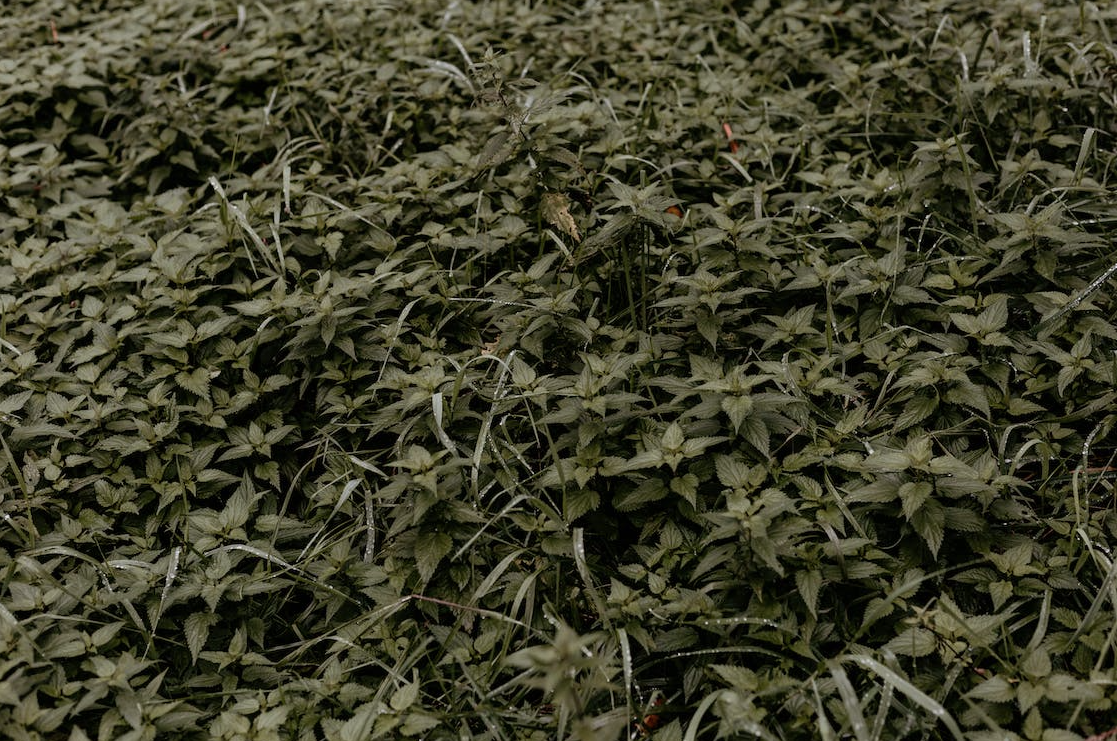‘We can’t breathe: Swazi Gold ‘cannabis’ grandmas rue South Africa’s legalization.’

The New York Times famously called them ‘Grandmas grow gold in Swaziland in 2012 but a decade on, cannabis liberty threatens to ruin their livelihood.
Grandmothers in Swaziland earned wooed global leaders when it was revealed in 2012 that they risked arrest to cultivate cannabis secretly in Swaziland because there was no other way to feed orphans in their care in a country blighted by HIV.
‘We came out and cared nothing about the arrest,’ Anele Dlamini, now 60, says of the famous New York Times expose in 2012.
‘Swazi Gold’, a coveted strain of cannabis, is cultivated in the tiny African Kingdom of Swaziland where on paper stiff criminalization laws are still in place.
However, geographically, Swaziland is surrounded by South Africa, the biggest cannabis cultivation and export market in Africa. South Africa and its authorization of cannabis cultivation in 2018 won plaudits but have ruined the Swaziland grandmother's under-the-table business.
‘Suddenly cannabis is traded openly in South Africa, our target export market,’ Dlamini says, moaning that legalization has become a kill-switch for grandma's secret entrepreneurship.
‘It’s the law of unintended consequences. Picture it this way: it’s like the US legalizes cannabis at the federal level and black-market growers in Canada go bust out of business overnight,’ says Siyabusa Mkhize, director of the Swaziland Rural Agriculture Association non-profit who urges the Kingdom of Swaziland to onboard the grandmothers into legal cannabis business loans, training, and market training.
Much of ‘Swazi Gold’ farmed under the tables by grandmothers like Dlamini used to be smuggled across the border at a rate of 1 ton per month but business has decreased to under 100kg per month, Mkhize says.
an unregistered one hectare of cannabis outside Manzini, Swaziland's largest city. Gogo means ‘grandma’ in Swaziland’s native language.
The cries of Swaziland grandmothers match those of Indigenous Black cannabis growers in South Africa who are also furious that full legalization has left artisanal Black growers at the back of the trailer whilst white corporate cannabis companies bag most of the licenses.
Growing cannabis secretly in Swaziland and selling it off is a critical way to put food, medicines, and school fees on the table for grandmothers who are left to care for up to 5 grandkids on behalf of their children who succumbed to the HIV crisis. Climate change means traditional cash food crops are failing in Swaziland while previous money earners like cotton have seen low demand to depressed global prices. This leaves cannabis as the lone pivot of household incomes.
‘Cannabis is our entire life, not just a smoke,’ says Sizakele Khumalo, 55, who says a kilogram of lucrative ‘Swazi gold’ cannabis strain fetches $5 in neighboring South Africa.
Because of neighboring South Africa’s legalization, Khumalo says, excellent quality cannabis is now cheaply available on the South African market. Buyers are no longer desperate for ‘Swazi Gold.’ Legalization has therefore depressed the starting price of Swazi Gold to $2 per kg in the last two years leaving grandma impoverished once again.
‘It’s a globalist capitalist dilemma,’ says Swaziland trade unionist Sipho Maseko of the All-Swaziland Grassroots Livelihood Union. ‘Cannabis markets get liberalized; we all clap hands. Corporates corner the new space. Artisanal growers are so disrupted from decades of livelihood that they end up as farm workers at corporate cannabis plantations.’
Written and Published by Ray Mwareya in Weed World Magazine issue 159
Featured Image: Pexels















Please complete your information below to login.
Sign In
Create New Account